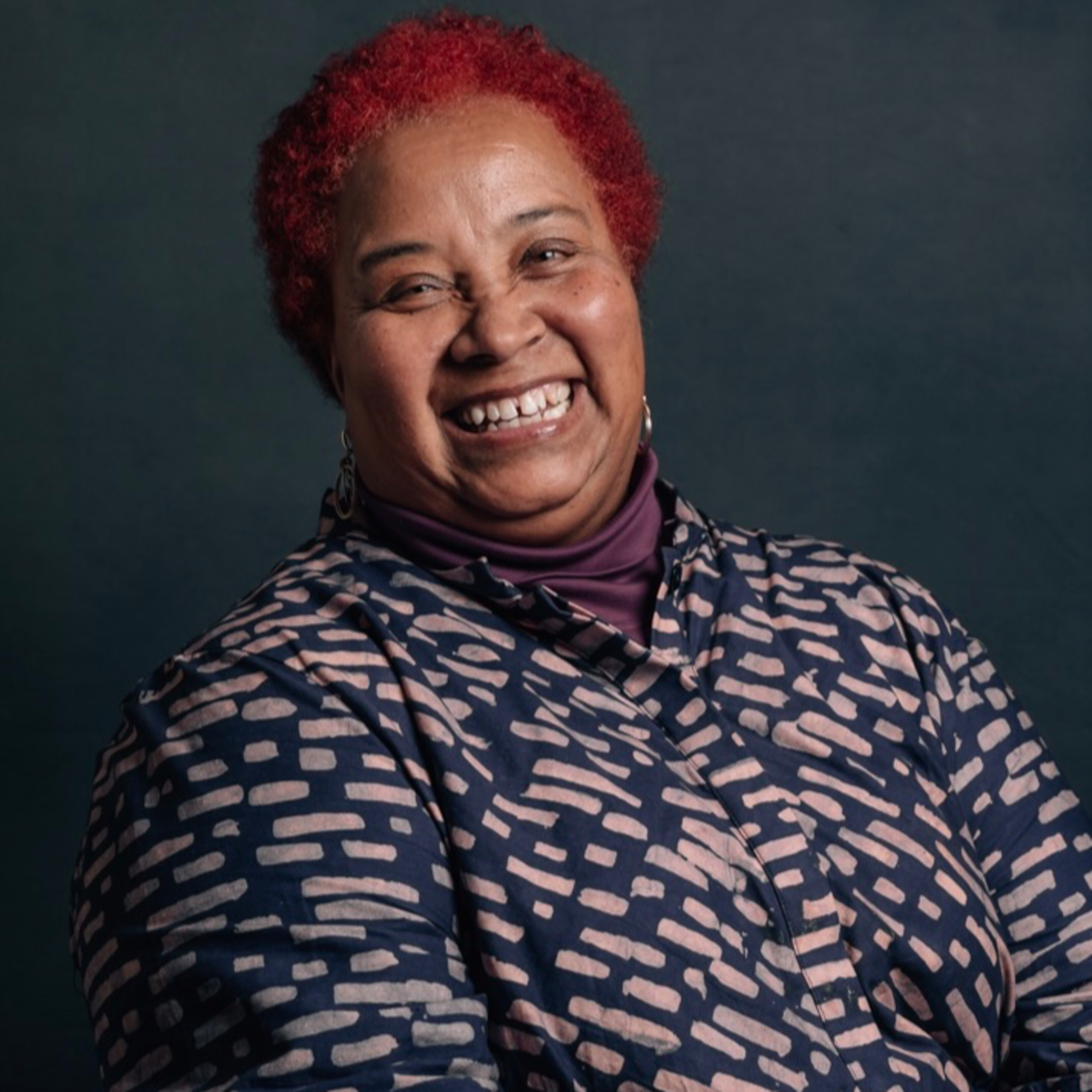The Witch’s Flight with Zama Dube

The Witch’s Flight with Zama Dube
Podcast Description
"The Witch’s Flight: In Search of the Black Femme" is adapted from film Scholar, Kara Keeling's study on cinematic representations of the Black femme. The premise of "The Witch's Flight" is guided by the question; “What does freedom SOUND like?”. Join Zama Dube on a series of sonic experiments framing AMAPIANO as a map to freedom dreams. Drawing from Afro-diasporic soundscapes, Film & Visual Art, "The Witch's Flight brings the museum, the classroom and the club dance-floor to the radio. The Witch’s Flight is a Black Feminist portal to creative possibilities across the African diaspora.
Podcast Insights
Content Themes
The podcast focuses on themes such as freedom as expressed through sound, the intersection of Black femininity and art, and Afro-diasporic cultural commentary, highlighted by episodes featuring astrological healing, intimate conversations with filmmakers, and discussions on the impact of amapiano music.

“The Witch’s Flight: In Search of the Black Femme” is adapted from film Scholar, Kara Keeling’s study on cinematic representations of the Black femme. The premise of “The Witch’s Flight” is guided by the question; “What does freedom SOUND like?”. Join Zama Dube on a series of sonic experiments framing AMAPIANO as a map to freedom dreams. Drawing from Afro-diasporic soundscapes, Film & Visual Art, “The Witch’s Flight brings the museum, the classroom and the club dance-floor to the radio. The Witch’s Flight is a Black Feminist portal to creative possibilities across the African diaspora.
Zeinabu Irene Davis is a celebrated director, screenwriter, and professor of Critical Gender Studies and African American Studies at UC San Diego. She is perhaps best known for her films Compensation (1999), A Period Piece (1991), and Cycles(1989), works that center the lives, voices, and imaginations of Black women with a rare tenderness and vision. As part of the legendary L.A. Rebellion—a movement of Black filmmakers who came together at UCLA in the late 1960s through the 1980s—Davis helped define a cinematic practice rooted in community, memory, and resistance to Hollywood’s narrow depictions of Black life. Her work carries forward the rebellion’s ethos while also carving out a distinctive space for Black feminist storytelling that is at once experimental, deeply intimate, and politically urgent. Across film, teaching, and mentorship, she has remained committed to expanding the possibilities of Black visual culture, showing us that cinema can be both a site of healing and a form of resistance.

Disclaimer
This podcast’s information is provided for general reference and was obtained from publicly accessible sources. The Podcast Collaborative neither produces nor verifies the content, accuracy, or suitability of this podcast. Views and opinions belong solely to the podcast creators and guests.
For a complete disclaimer, please see our Full Disclaimer on the archive page. The Podcast Collaborative bears no responsibility for the podcast’s themes, language, or overall content. Listener discretion is advised. Read our Terms of Use and Privacy Policy for more details.